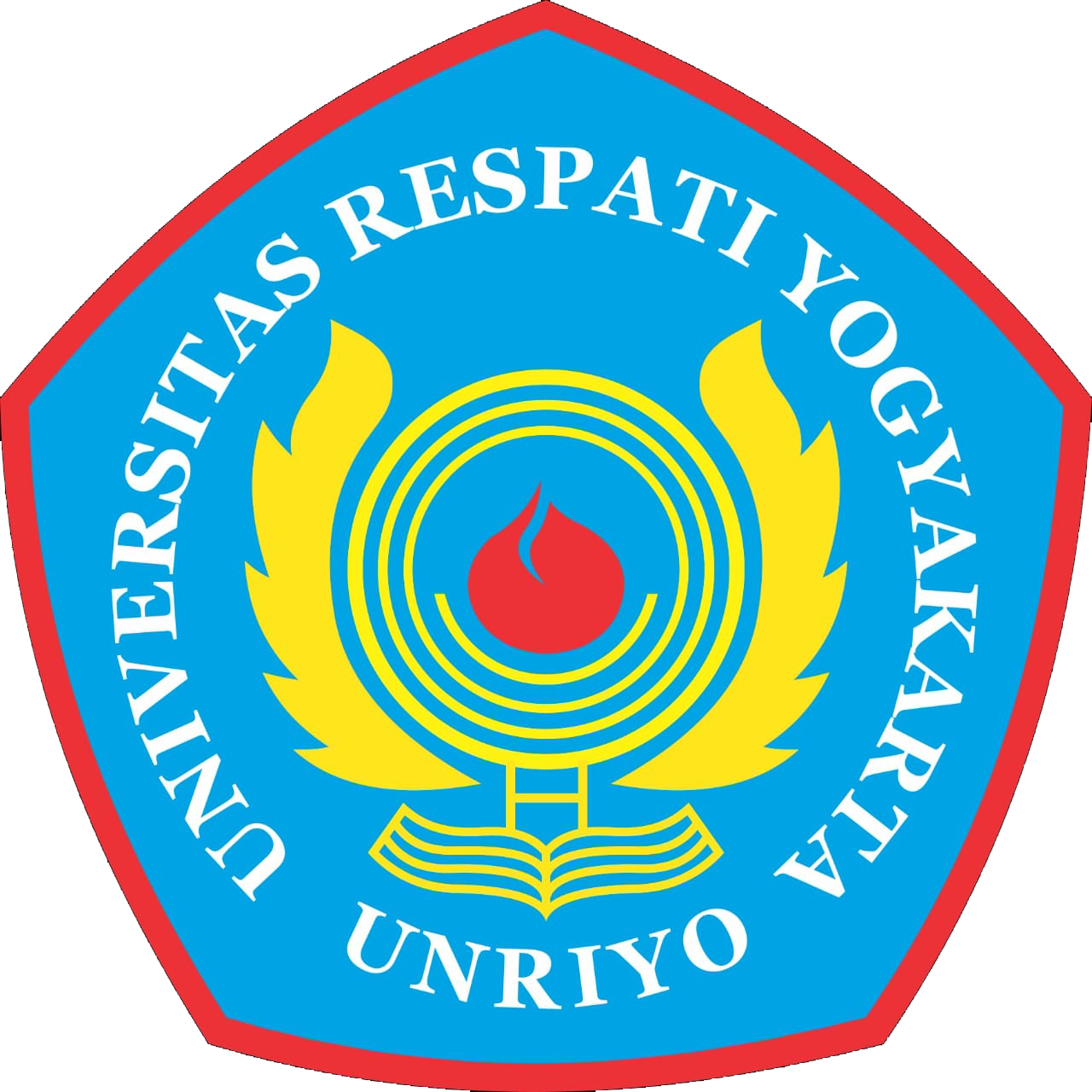
Posyandu is a community-based health effort that has been part of the daily lives of Indonesian people since the 80s. If seen from the implementation guidebook issued by the Ministry of Health in 2011, Posyandu is a form of Community Resource Health Effort (UKBM) which is managed and organized from, by, for and with the community in implementing health development, in order to empower and provide convenience to community in obtaining basic health services to accelerate the reduction of maternal and infant mortality rates.
In line with the government’s target to reduce the stunting rate to 14% by 2024, Posyandu is one of the strategic tools to help achieve this target. This is reflected in the types of specific interventions to prevent and overcome stunting in the period before birth and for children aged 0-23 months, many of which rely on posyandu as the spearhead of implementation, including the consumption of blood supplement tablets (TTD) for young women and pregnant women, exclusive breastfeeding. for babies 0-6 months, providing MPASI rich in animal protein for toddlers, management of toddlers with nutritional problems, immunization, and nutritional education for teenagers, pregnant women and families including education regarding Open Defecation (Open Defecation).
With resources from the community, the existence and capacity of cadres as organizers is the main key to the sustainability of the posyandu. This was also realized by the community service team of the FPH UI Department of Public Health Nutrition, chaired by Wahyu Kurnia Yusrin Putra, S.K.M., M.K.M., so it was made the theme of DPPM UI community service in 2023 with activities in the form of increasing the literacy of posyandu cadres related to stunting and anemia. “We know that one of the keys to success in handling stunting begins with early detection of cases and education on prevention by posyandu cadres. Therefore, it is important to continue to increase literacy and share experiences with cadres so that posyandu becomes more empowered and effective in preventing and handling stunting cases. “Cadres also need to know that stunted children also have a big chance of experiencing anemia, because animal food, which stunted children often don’t consume enough, is also a source of iron,” said Wahyu.

The community service activities took place in Kalanganyar District, Lebak Regency, Banten. This location selection was based on the 2021 SSGI results, where the stunting rate in Banten Province still reached 24.5%. Meanwhile, Lebak Regency is included in the yellow zone with a stunting rate of 26.2%. Kalanganyar District also has a strong commitment to help accelerate the reduction of stunting rates in the Lebak Regency area, including increasing the capacity and literacy of posyandu cadres.

Literacy improvement activities were centered at the Kalanganyar District Office, Lebak-Banten and were officially opened by Mrs. Mayasari as Head of the PKK Mobilization Team at the District level on Monday, November 27 2023. In her speech, Mayasari said that in the Kalanganyar area there were still a number of cases of stunting of toddlers. “When we identified a case of stunting in the community, we immediately carried out a home visit to follow up on the findings. Apart from that, posyandu cadres also actively continue to provide education regarding stunting for residents in their area to prevent the emergence of new stunting cases. “We really welcome the implementation of this literacy improvement activity because cadres can get updates regarding stunting and discuss challenges in the field,” added Wahyu.
This activity is divided into 2 (two) sessions. In the first session, the cadres were divided into several groups and analyzed data from the results of weighing and measuring the height of toddlers. Meanwhile in the second session, strengthening points were presented such as the main causes of stunting, the link between stunting and anemia, as well as food regulations to prevent stunting and anemia. These points are also contained in the module given to each cadre. At the end of the activity the cadres stated that this activity was very useful, the atmosphere of the activity was happy and the material was easy to understand. They hope that there will be further activities, especially to strengthen the cadres’ skills in measuring weight and height.

Kalanganyar Subdistrict Head Bayu Hadiyana, S.I.P., M.Sc., expressed his support for the activities carried out by the FPH UI team. “I am very happy with this activity. Cadres become more confident because they can gain additional knowledge and experience. This activity also completes a series of cadre training activities that have been carried out so far in collaboration with the Community Health Center. “Hopefully this activity can improve cadres’ skills in early detection of stunting and be more enthusiastic about jointly reducing the stunting rate in the Kalanganyar District area,” the Head of Kalanganyar District hopes from the results of this education.

